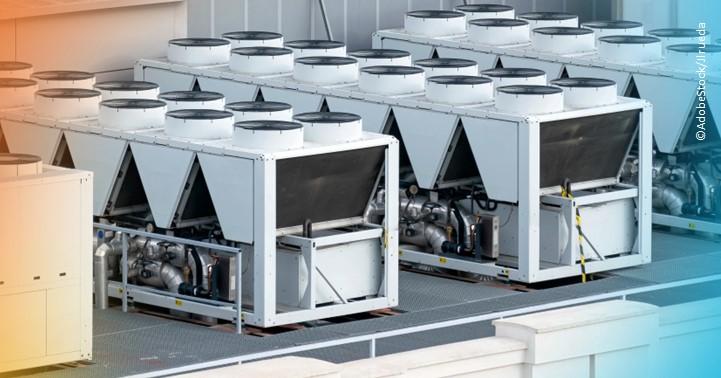
The Commission has opened a call for evidence on updating EU rules on the ecodesign of air heating and cooling products, giving the public and stakeholders the opportunity to provide feedback on possible changes. With the original measures setting minimum energy-efficiency requirements for air heating products, cooling products, high-temperature process chillers and fan coil units agreed back in 2016 - and taking effect in 2018 and in 2021 – the aim is to review the rules in order to take account of changes in recent years.
For example, the exercise mentions feedback on technological developments, such as heat recovery and free cooling, and changes to EU legislation, such as the fluorinated greenhouse gases regulation and rules on the circular economy. In particular, the aim is to collect qualitative (technologies available, consumers’ and environmental organisations’ opinions, etc.) and quantitative (market data on sales and prices or test results) data to carry out the necessary analysis. The overall intention is to adopt the updated ecodesign rules on air heating and cooling products by the second quarter of 2026.
The Ecodesign Regulation is considered to have reduced the energy consumption of air heating and cooling products. Nevertheless they remain significant contributors to energy use and greenhouse gas emissions with an estimated 600 TWh of primary energy consumption per year in 2020, with cooling equipment consuming a major part of this (~400 TWh/a). This is approximately 5.6% of the EU-27 overall primary energy consumption.
The target audience of this feedback is experts and representatives of any relevant interested parties, including industry associations (manufacturing, retail, installation and repair businesses), individual companies, environmental and consumer organisations, EU countries and private individuals. The call for evidence is open until 31 August.
Related links
Details
- Publication date
- 27 June 2024
- Author
- Directorate-General for Energy
